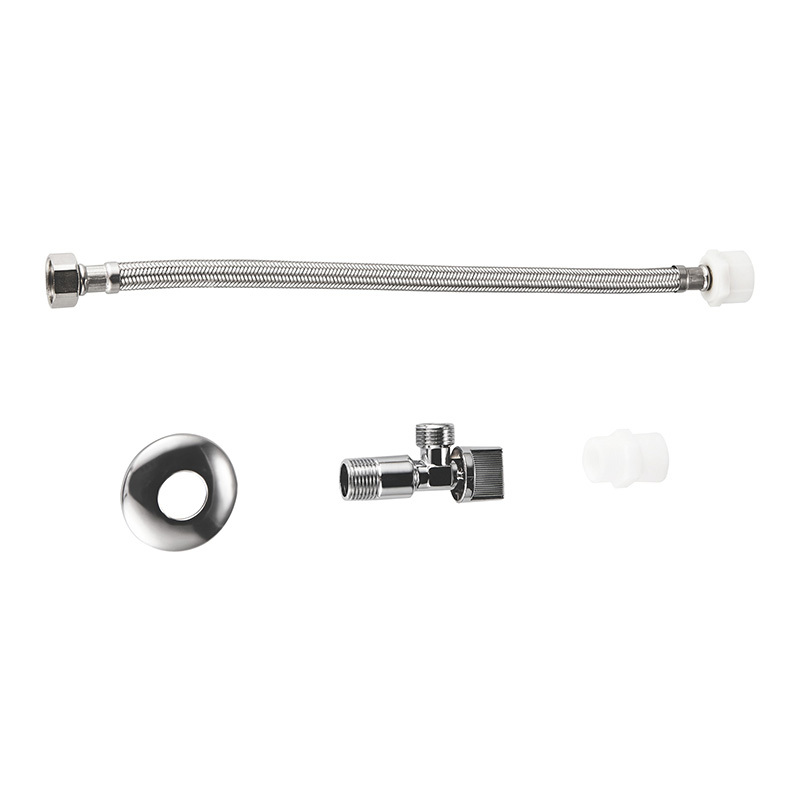News
17
2025
-
06
Exploring the Benefits of Using Extensible Metal Hoses in Pipelines: A Comprehensive Guide
Exploring the Benefits of Using Extensible Metal Hoses in Pipelines
Table of Contents
- 1. Introduction to Extensible Metal Hoses
- 2. What Are Extensible Metal Hoses?
- 3. Applications of Extensible Metal Hoses in Pipelines
- 4. Benefits of Using Extensible Metal Hoses
- 4.1 Flexibility and Adaptability
- 4.2 Durability and Longevity
- 4.3 Easy Installation and Maintenance
- 4.4 Corrosion Resistance
- 4.5 Temperature Resilience
- 5. Comparison with Other Hose Types
- 6. Installation Tips for Optimal Performance
- 7. Maintenance Best Practices
- 8. Frequently Asked Questions
- 9. Conclusion
1. Introduction to Extensible Metal Hoses
In the realm of industrial pipelines, the components used can significantly impact efficiency and safety. **Extensible metal hoses** have emerged as key players in optimizing these systems. Their unique design allows them to accommodate movement and vibration, offering an array of benefits that traditional hoses might not provide. This article will explore the multifaceted advantages of using extensible metal hoses in various pipeline applications.
2. What Are Extensible Metal Hoses?
Extensible metal hoses are flexible tubes made from metallic materials, specifically designed to convey fluids or gases under varying pressures. Unlike standard hoses, these metal hoses can stretch and contract, making them ideal for applications where space constraints or movement is a concern. Typically crafted from stainless steel or other durable alloys, extensible metal hoses are engineered to handle extreme conditions, including high temperatures and corrosive environments.
3. Applications of Extensible Metal Hoses in Pipelines
Extensible metal hoses find applications across various industries, including:
- **Chemical Processing**: They are used to transport chemicals safely, minimizing the risk of leaks.
- **Food and Beverage**: These hoses ensure hygienic transport of liquids while accommodating temperature variations.
- **Pharmaceuticals**: Extensible metal hoses are ideal for the precise delivery of ingredients in controlled environments.
- **Oil and Gas**: Their durable design allows them to withstand harsh conditions often found in these sectors.
- **HVAC Systems**: They help in the efficient transfer of gases and fluids while minimizing energy loss.
4. Benefits of Using Extensible Metal Hoses
The advantages of incorporating extensible metal hoses into pipeline systems are numerous.
4.1 Flexibility and Adaptability
One of the foremost benefits is their **flexibility**. Extensible metal hoses can bend and twist without compromising their integrity. This adaptability makes them suitable for complex piping layouts where traditional rigid piping would fail.
4.2 Durability and Longevity
**Durability** is another significant advantage. Constructed from high-quality materials, these hoses can resist wear and tear, significantly extending their operational lifespan. They are less likely to suffer from ruptures and leaks compared to standard hoses.
4.3 Easy Installation and Maintenance
Installing extensible metal hoses is straightforward. Their lightweight design allows for quick installation, reducing downtime during maintenance or upgrades. Furthermore, they require minimal maintenance, which translates to lower operational costs over time.
4.4 Corrosion Resistance
In industries dealing with aggressive substances, **corrosion resistance** is paramount. Extensible metal hoses are designed to withstand corrosive environments, ensuring the safe transport of various materials without degradation.
4.5 Temperature Resilience
Whether transporting hot gases or cold liquids, **temperature resilience** is crucial. These hoses can handle extreme temperatures, making them suitable for a wide range of applications, from high-heat manufacturing processes to frigid environments.
5. Comparison with Other Hose Types
When comparing extensible metal hoses to alternatives like rubber or PVC hoses, several distinctions emerge. While rubber hoses may be more affordable initially, they often lack the durability and flexibility of metal hoses. Additionally, rubber can degrade under extreme conditions, leading to increased replacement costs. PVC hoses, though resistant to certain chemicals, may not handle high pressures as effectively as metal hoses.
6. Installation Tips for Optimal Performance
To ensure the highest performance and longevity of extensible metal hoses, consider the following installation tips:
- **Proper Sizing**: Select hoses that fit your pipeline dimensions precisely to prevent stress on the fittings.
- **Support Systems**: Use supports to minimize movement and vibration, which can lead to premature wear.
- **Avoid Sharp Bends**: Ensure that the installation does not create sharp bends that could restrict flow or damage the hose.
7. Maintenance Best Practices
While extensible metal hoses are low-maintenance, following best practices can enhance their lifespan:
- **Regular Inspections**: Check for signs of wear, corrosion, or leaks periodically.
- **Cleaning**: Maintain cleanliness, especially in food and pharmaceutical applications, to prevent contamination.
- **Pressure Testing**: Conduct routine pressure tests to ensure hoses can handle operational demands.
8. Frequently Asked Questions
What are the primary materials used in extensible metal hoses?
Extensible metal hoses are primarily made from stainless steel, but they may also utilize other alloys for specific applications requiring additional properties.
Can extensible metal hoses be used in high-pressure systems?
Yes, extensible metal hoses are designed to withstand high pressures, making them suitable for various industrial applications.
How do I determine the appropriate size for my metal hose?
The size of the metal hose should match the specifications of your pipeline. Consult with a manufacturer or a professional to ensure a proper fit.
What is the temperature range that extensible metal hoses can handle?
Extensible metal hoses can typically handle temperatures ranging from -325°F to +1500°F, depending on the material and design.
Are extensible metal hoses suitable for cryogenic applications?
Yes, many extensible metal hoses are designed to perform effectively in cryogenic applications, ensuring safe transport of liquefied gases at extremely low temperatures.
9. Conclusion
In conclusion, extensible metal hoses offer a multitude of benefits that enhance the efficiency and safety of pipeline systems across various industries. Their flexibility, durability, and resistance to corrosion and temperature extremes make them an indispensable component in modern industrial applications. By choosing extensible metal hoses, businesses can ensure reliable performance and reduced operational costs, ultimately contributing to a more efficient and safer working environment. Investing in quality metal hoses is not just a choice—it's a strategic decision for the future of your operational success.
extensible metalhoses
Previous
Related News


